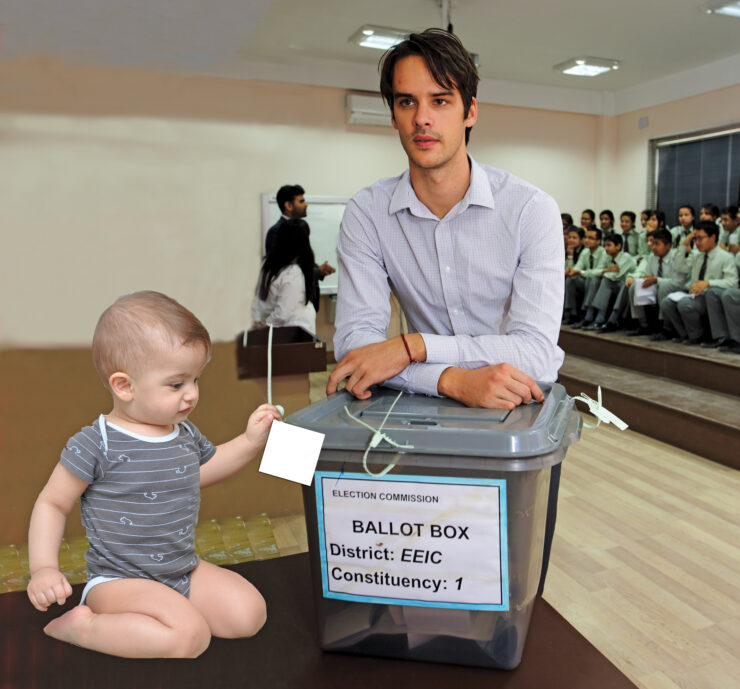Canada should follow suit in abandoning arbitrary age restrictions
Edmonton City Council recently voted to push the Alberta government to consider lowering the voting age to 16.
As the Canadian government reforms our electoral system, it would be a good time for all our governments, federal and provincial, to lower the voting age, especially since the Liberals’ biennial convention earlier this year approved such a policy.
Consider what happened in Scotland a couple years ago. In the 2014 independence referendum, the voting age was lowered to 16. In that referendum, not only did 16- and 17-year-olds vote, they did so in great numbers and were among the most engaged demographics. The voting age has since been permanently reduced to 16.
In this year’s Scottish general elections, not only was voter turnout the highest it had been since the first election in 1999, but the elections went along just like any other. There are also other countries where the voting age is 16, including Argentina and Austria, whose democracies haven’t collapsed recently.
Fundamentally, the biggest fallacy in this whole debate is the idea that the voting age should be determined by the age at which some individuals in the population have the mental capability to understand the issues at hand, and the capability to form a reasonably independent judgement of those issues.
If you restrict the vote to only individuals meeting those criteria, then you’d also have to use some sort of test, like an IQ test, which risks disproportionately affecting people from disadvantaged backgrounds.
Not to mention that there are plenty of other adults who can’t really be called mature—think, for instance, of a certain orange-faced wannabe demagogue down south.
The thing is, the Ontario government already recognizes that 16-year-olds can understand the issues and can form independent judgments on them. After all, civics class is taught in grade 10, not in grade 12, for a reason.
You can also get your first driver’s license at 16, work full-time, get married, tried as an adult in court, and at 17 you can enlist in the Canadian Armed Forces.
There are other arguments for lowering the voting age. Voting is a learned habit—the more you vote, the more likely you are going to continue voting. The sooner that people start voting, the better the chance that they will be regular voters throughout their lives.
Some of the big issues in politics today are also issues that are going to end up affecting today’s youth the most—such as climate change, ever-increasing government debt, and the demographic crisis brought on by aging baby boomers.
In today’s rapidly evolving society, it is more important than ever to have democratic institutions that can keep up with change. For that to happen, more youth need to be given access to a fundamental democratic right—the right to vote.





